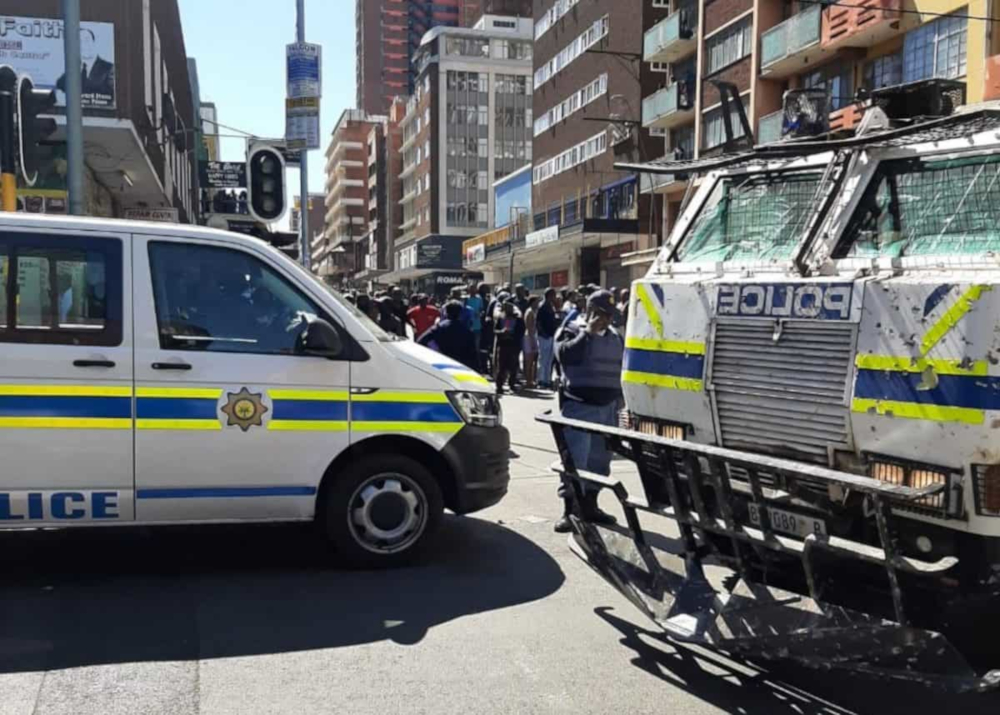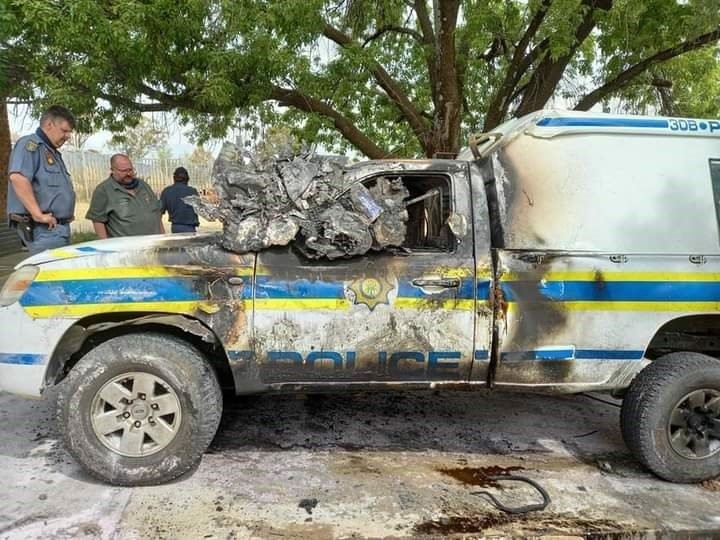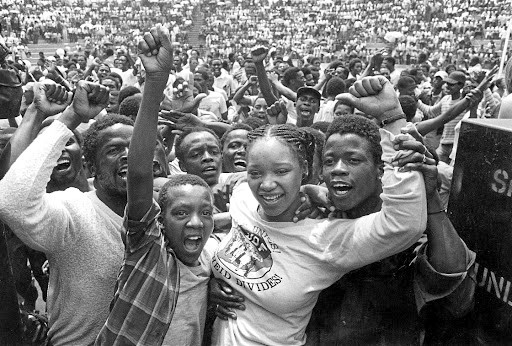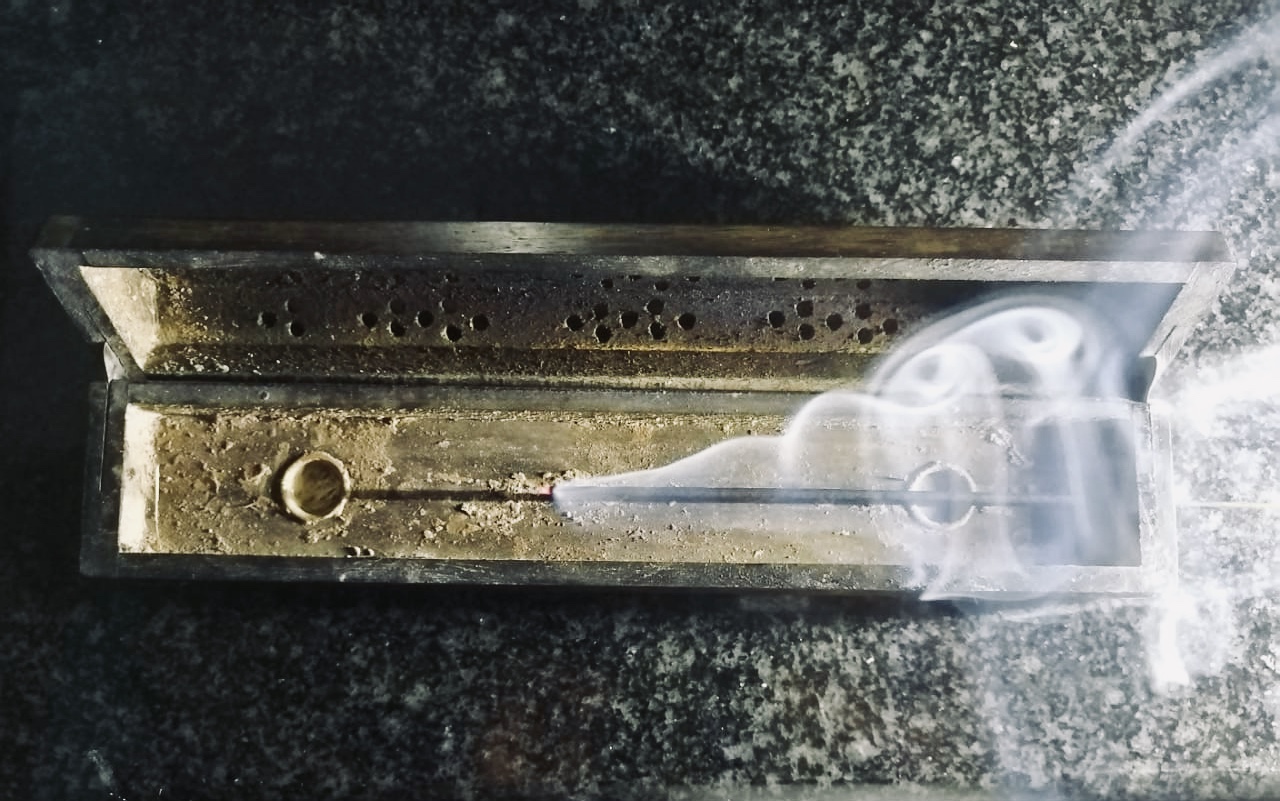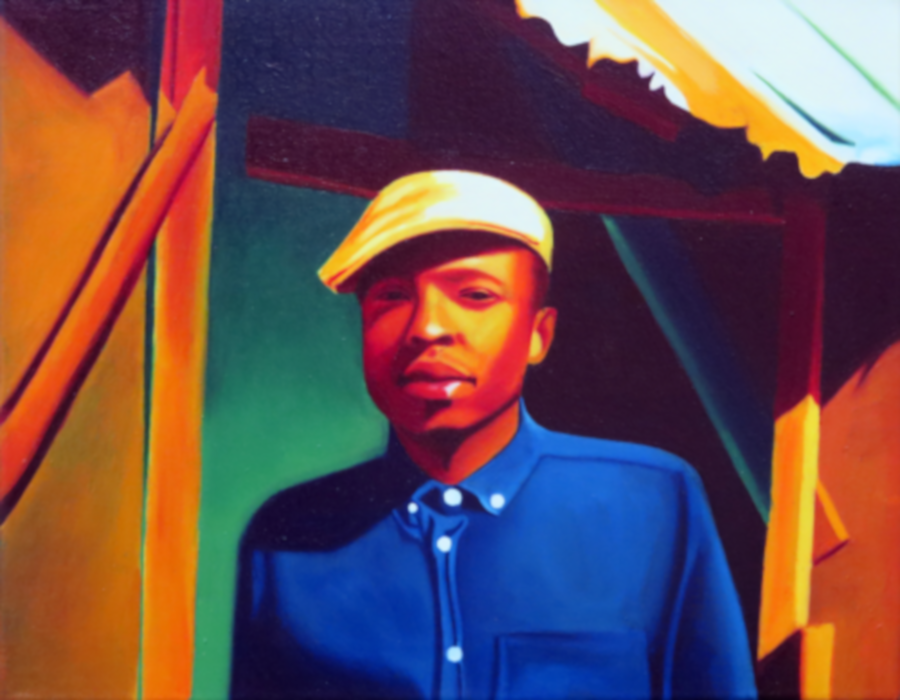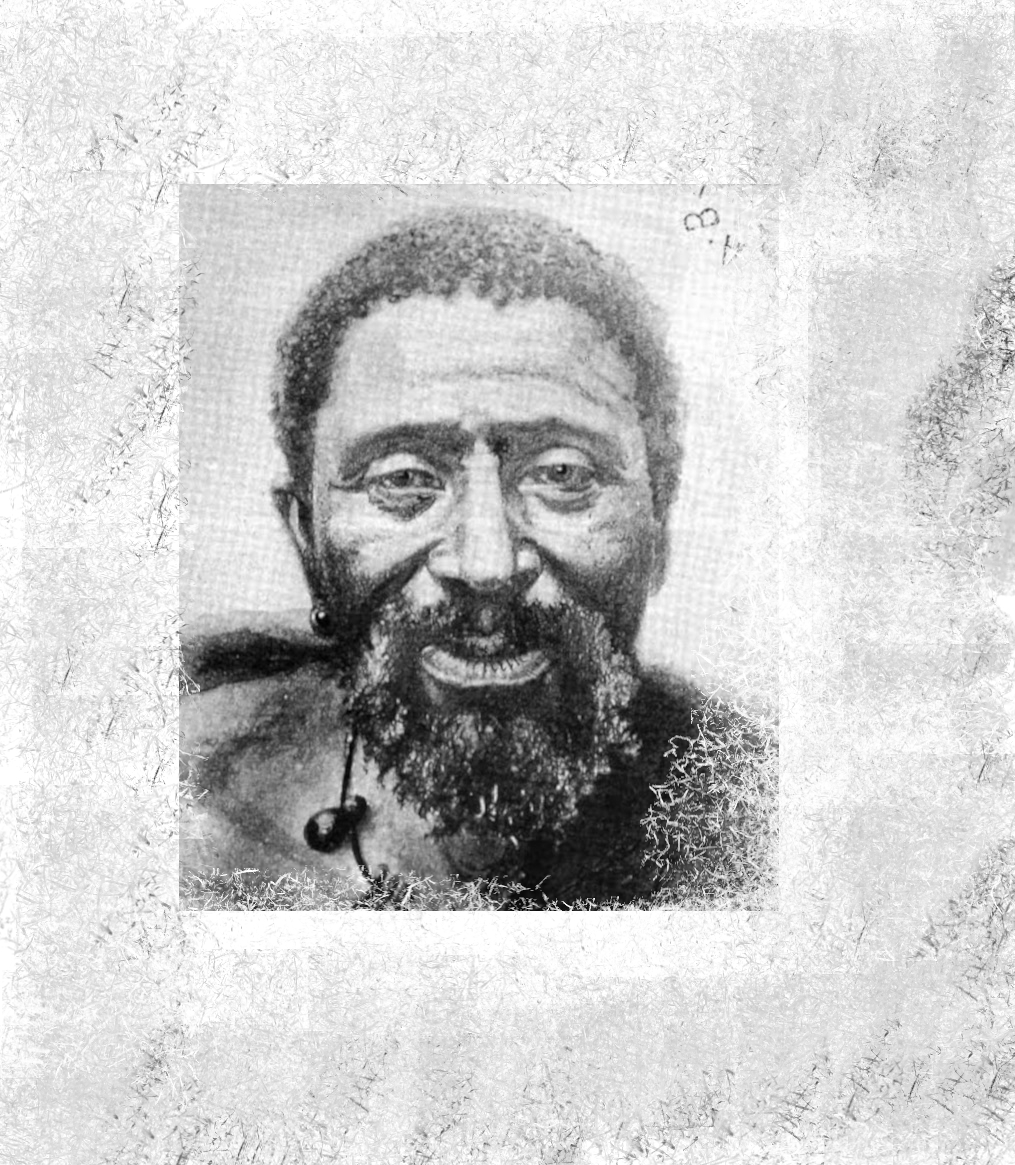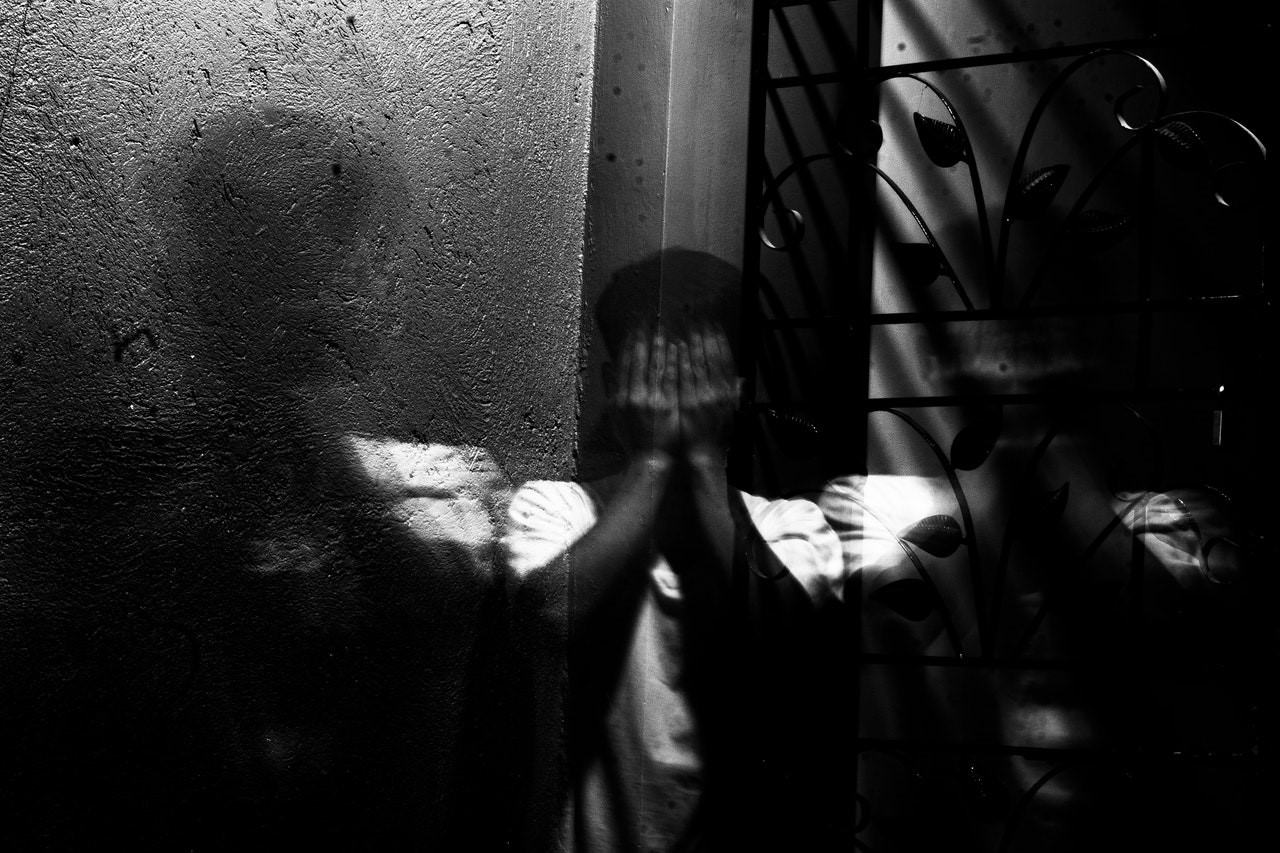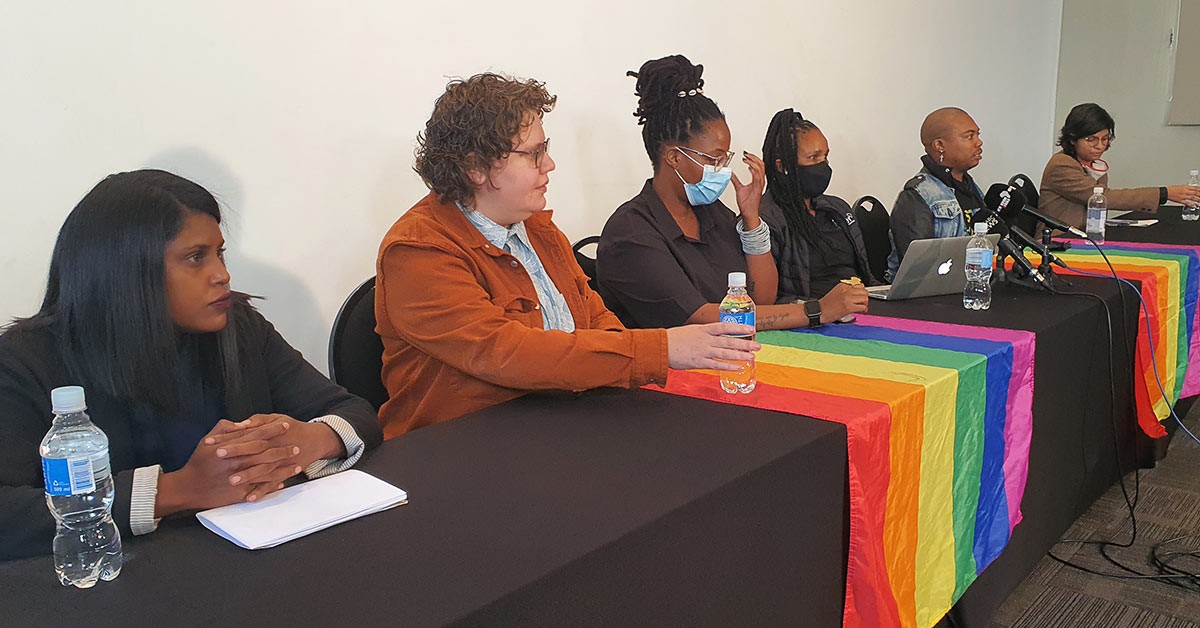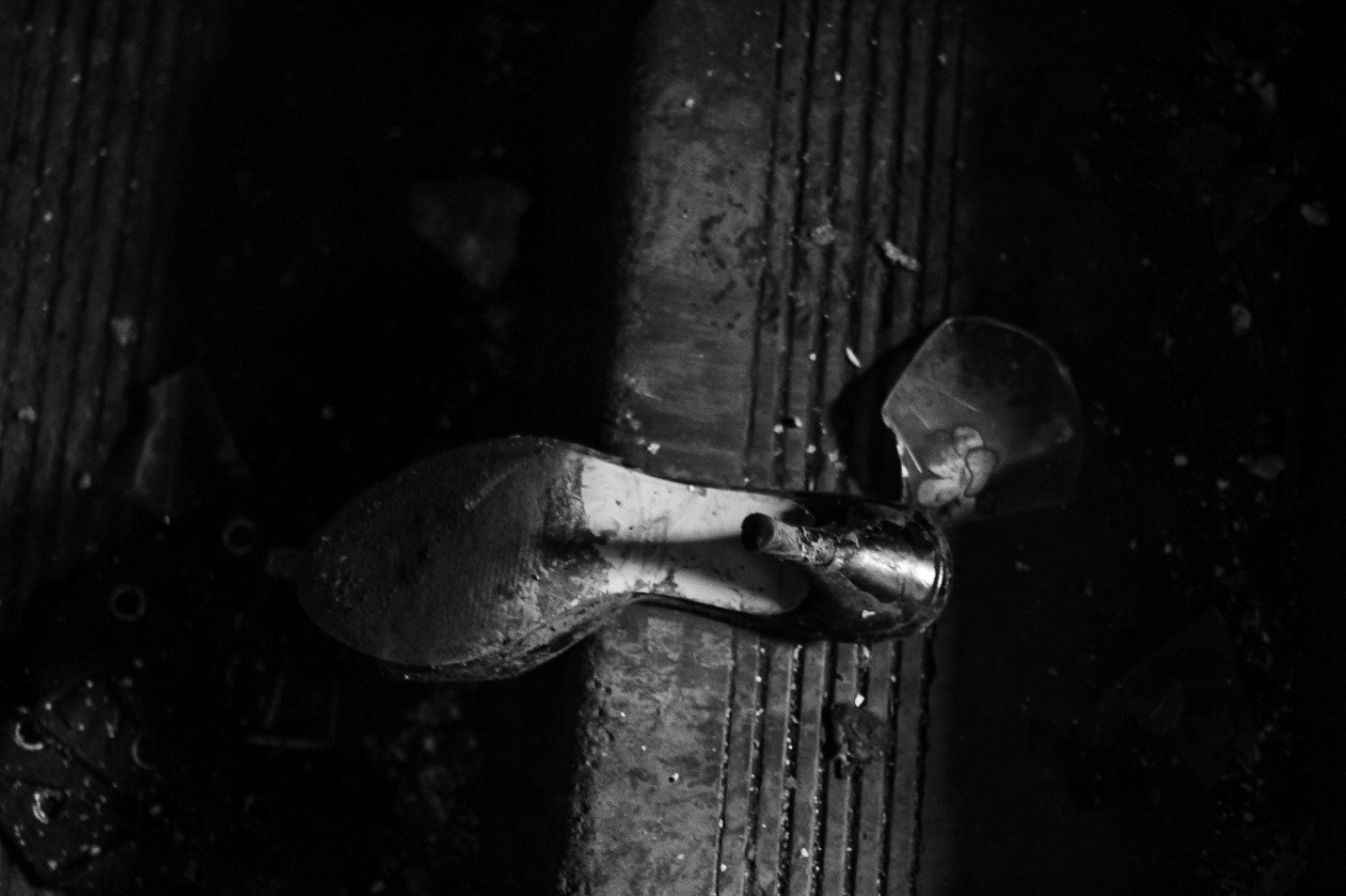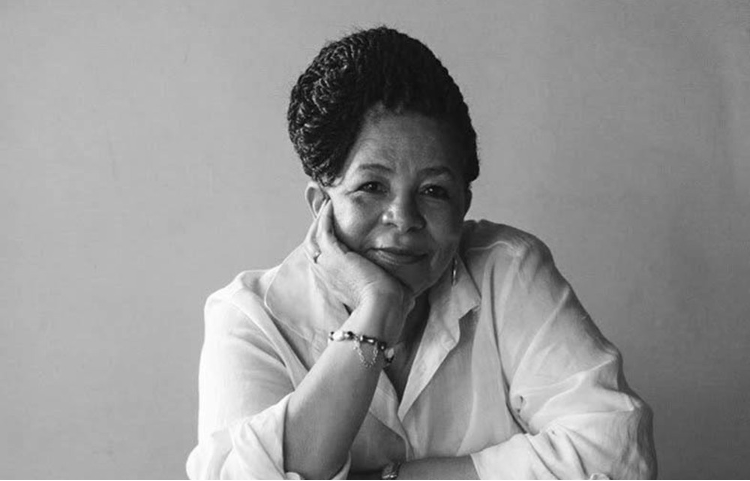Is xenophobia really the main problem or is it used to obfuscate the real problem? This is one of the questions I have been grappling with after watching a documentary by Al Jazeera on Black poverty in South Africa. In it, a young Afrikan mantshingilane aka security guard named Enoch, who stays in Alexandra and works in Sandton and has to walk to and from work because he doesn’t earn enough to afford transport. To give the journalist a sense of what it feels like to be him, he says: ‘It hurts me to have to wake up every day to go and work for people who are far richer than me and I stay in this hell...”
This, in my view, is what many of us, mainstream social commentators and those who regard themselves as our leaders have (and continue) to fail to grasp and diagnose correctly- the deep seated economic depression and resultant psychological trauma among the Afrikan poor (who constitute the majority of South Africa’s population).
By whatever measure, the face of diseases, malnutrition, high infant mortality, low life expectancy, illiteracy, poverty, unemployment and landlessness in South Africa- is Black and Afrikan. And therefore to unthinkingly attribute the incessant eruptions we continue to see in the concentration camps(townships) merely to xenophobia or the ‘illegal’ influx of foreign nationals-is not just to horribly misdiagnose the problem, but it is also intellectual laziness of the worst kind.
Not that we need them to convince us, but numerous credible studies continue to show that, the levels of poverty in the areas where Afrikans ‘live’ are not just frightening, but are getting worse, to say the least. And that the minority (Europeans) continue to own and control the majority of our national wealth. Therefore, to continue to pretend that the majority of Afrikans are not living in what Enoch correctly describes as ‘hell’- is not just to define yourself as part of the problem, but nauseating to the core.
Some in the Afrikan middle class (whatever this means) add to our people’s misery by continuing to believe that you can solve the problems of Afrikan powerlessness by merely twitting and posting. If they are really concerned about the plight of the poorest Afrikan majority-these members of the Afrikan middle class must switch off their smart phones and go and get physically involved in the day-to-day struggles of the Afrikan poor.
Furthermore, our people are not fools. They can see right through the hypocrisy of our country’s political aristocracy, who periodically lecture them about ‘social cohesion’, ‘peaceful protests’, and ‘African solidarity’, but then the same self-appointed custodians of ‘morality’ and ‘peaceful protest’ turn around to steal public money that is meant to help our people or as it happened in the case of Tatane and our brothers in Marikana- instead of genuinely working with our people to find real solutions (not mechanisms of anger-management or vote-grabbing stunts ) - they would rather unleash the police and the army on our people- as a way of pleasing their masters-the rating agencies and foreign investors.
The incessant eruptions we see in the concentration camps have little to do with xenophobia or influx control. These eruptions are a direct result of our consistent failure (over the past 25 years) to radically address the man-made economic powerlessness of the Afrikan majority. And this is why it shouldn’t surprise us that it is the Afrikan poor who are at the forefront of most these eruptions.
If we are genuinely interested in solving the problem (which is the economic powerlessness of the Afrikan majority)- instead of endless media conferences and useless lectures on ‘peaceful protest’, ‘social cohesion’ and ill-defined notions of ‘African solidarity’- the ruling party must simply muster the courage to unapologetically give poor Afrikans land and meaningful control of the national economy (especially at community level). Do they have the guts to do this?
In the land of their forebears, the majority of Afrikans find themselves existing as a voiceless, faceless, disparate and marginalised group that literally survives from day to day, by slaving in the houses and businesses of the Europeans, Indians and now the Chinese. Under these rat-like conditions, what some of us see as 'looting' and 'destruction of property' is actually a long overdue eruption of our people's legitimate anger with their rat-like conditions, and all the smelly lies and promises that have been used as instruments of anger management- against our people.
Therefore, the narrative that wants to mechanically reduce what is currently unfolding in Johannesburg and parts of our country to 'xenophobia', 'influx control' or 'criminality', but fails to see it as us reaping the rewards of our failure to transfer land and economic ownership to the Afrikan majority- is nothing else but a monumentally false and dishonest narrative.
What ‘freedom’, ‘social cohesion’ or ‘African solidarity’ are you talking about when the indigenous Afrikan majority are ‘living’ side by side with rats, in the land of their forebears, while the buttons on their shirts of their ‘leaders’ are holding on for dear life- as they struggle to contain the weight of their bellies?

